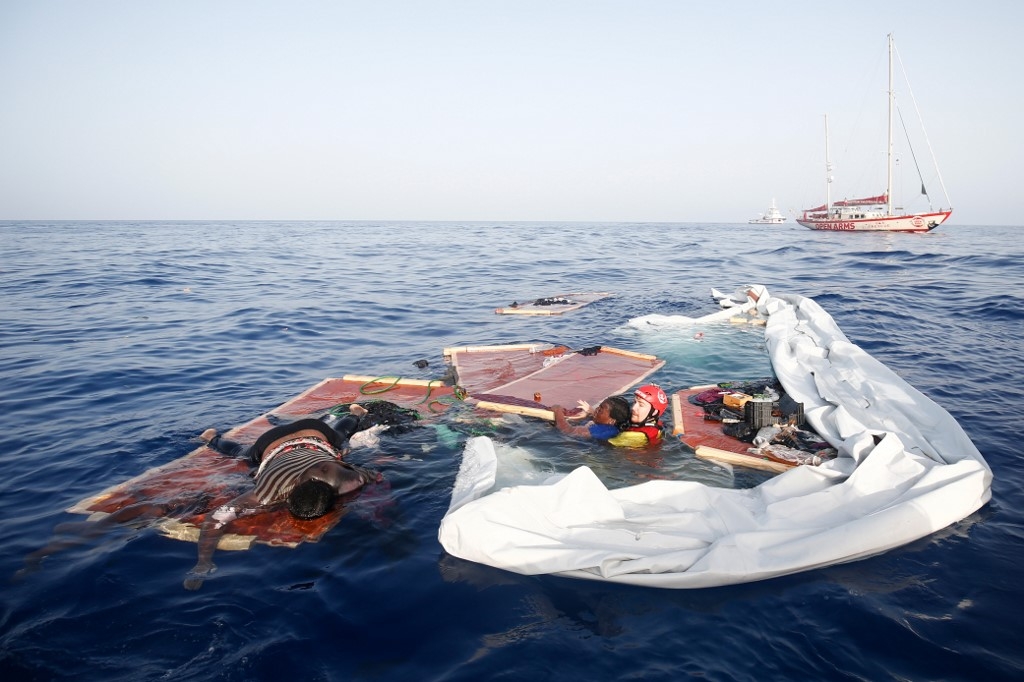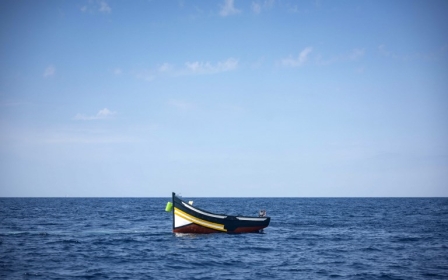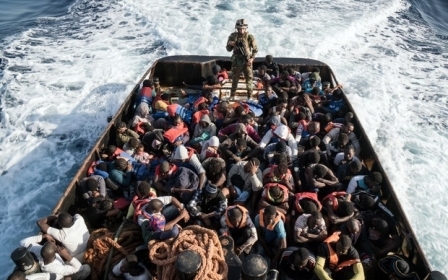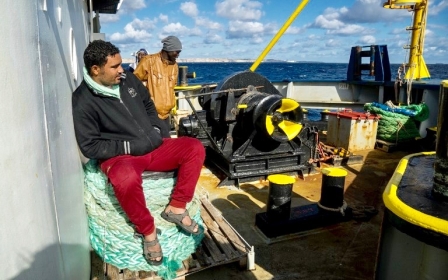Eighty feared dead as boat capsizes off Tunisian coast

Around 80 people are feared dead after a dinghy carrying them to Europe capsized off the coast of Tunisia on Wednesday, according to the UN's International Organisation for Migration (IOM).
Only four passengers, all from sub-Saharan Africa, have been found alive, one of whom died after he was rescued, IOM spokesman Flavio Di Giacomo tweeted on Thursday.
Survivors told the Tunisian coastguard that the boat had left with 86 people from the Libyan town of Zwara and sunk off the coast of Zarzis in southeastern Tunisia.
The coast of Tunisia and Libya is a major departure point for people trying to reach Europe by boat.
Thousands of people, many of them economic migrants or refugees, have drowned while attempting to cross the Mediterranean often aboard overcrowded boats in recent years.
New MEE newsletter: Jerusalem Dispatch
Sign up to get the latest insights and analysis on Israel-Palestine, alongside Turkey Unpacked and other MEE newsletters
At least 65 people drowned in May when their boat capsized off the Tunisian coast after they had left Libya hoping to reach Europe.
The capsizing of the boat comes a day after a detention centre in Libya holding people attempting to reach Europe was hit in a missile strike in Tripoli, leaving at least 50 dead.
The Mediterranean is the "world’s deadliest sea crossing" according to the UN refugee agency, the UNHCR, with one person in 14 dying en route from Libya to Europe last year.
According to the latest figures from IOM, nearly 27,834 people classified by the organisation as migrants and refugees have entered Europe by sea this year.
In the first half of 2019, at least 597 people died while trying to cross the Mediterranean, about half the 1,189 deaths confirmed during the same period in 2018, the organisation has said.
Middle East Eye delivers independent and unrivalled coverage and analysis of the Middle East, North Africa and beyond. To learn more about republishing this content and the associated fees, please fill out this form. More about MEE can be found here.





